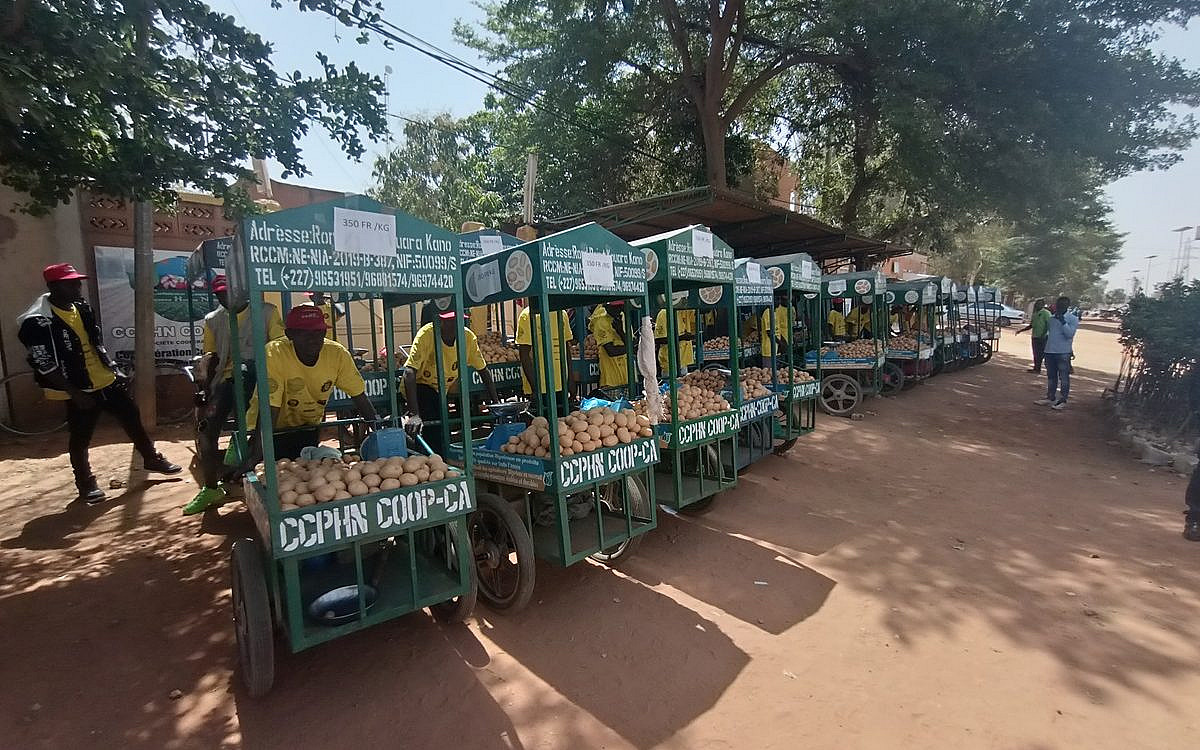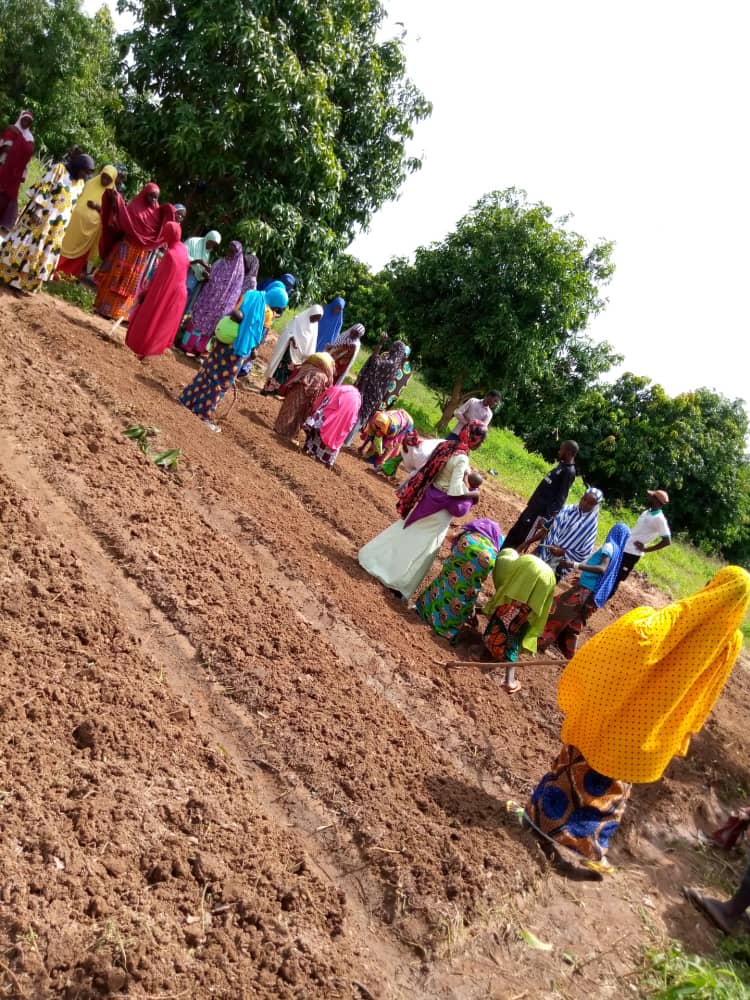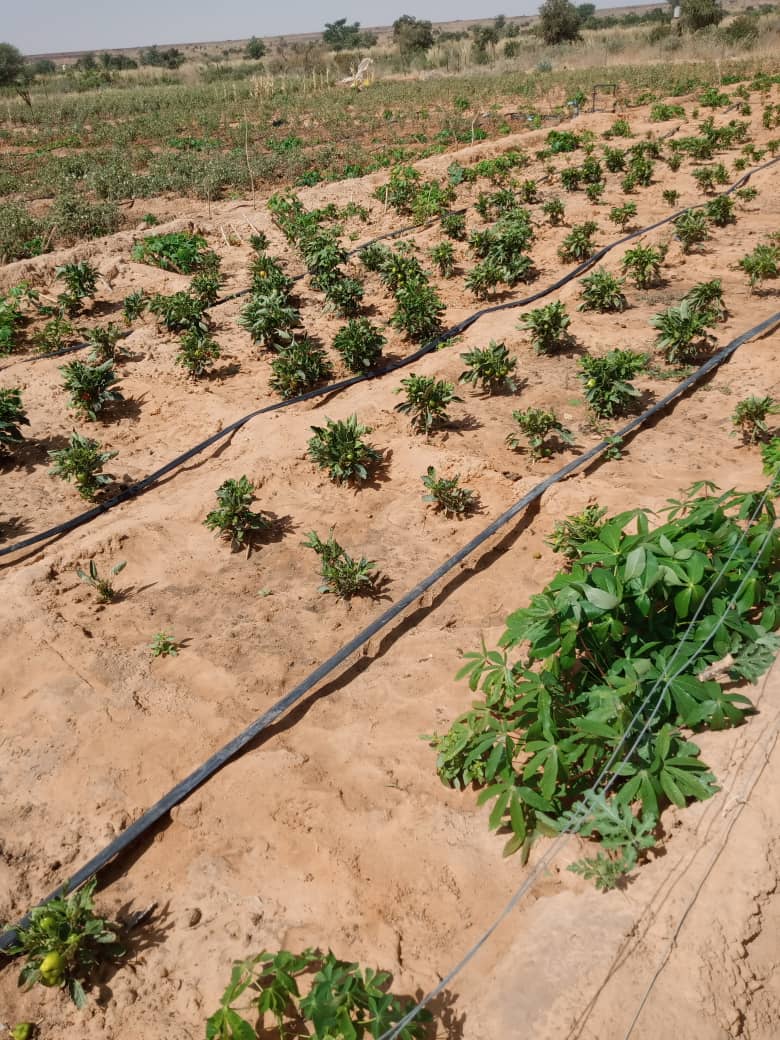West Africa Trade and Investment Hub: Fostering Economic Growth in the Region
The USAID West Africa Trade & Investment Hub (Trade Hub), launched in 2019, stands as a cornerstone for fostering economic growth and locally driven development in the region, with a commitment of $82 million in grants to 92 co-investment partners across 16 West African countries. The initiative has successfully leveraged $407 million in new private investment, creating over 74,000 jobs and facilitating $203 million in exports, alongside $610.98 million in regional sales of agricultural commodities.

The Trade Hub, a five-year trade and investment facilitation activity, operates on a market-based approach to enhance private sector competitiveness in West Africa. By collaborating with the private sector and promoting co-investments, the initiative aims to stimulate new private-sector capital investment across critical sectors, thereby fostering job creation and enhancing two-way trade.
In the Sahel, the Trade Hub has awarded co-investment grants totaling $5.4 million to seven private sector companies, including NAFASO, Agroserv and Sinergi Burkina in Burkina Faso, and AviNiger, CCPHN, Entreprise Salma and Ferme Semenciere Ainoma in Niger.
Together, these partners have spurred $19.2 million in private sector investment, creating 1,770 jobs, with 62 percent being opportunities for women, 55 percent being opportunities for youth Their efforts have also led to the support of 17,310 smallholders, with 14 percent being women, and have generated over $1 million in exports.
Through collaborative efforts, innovation, and transformative initiatives, these co-investment partners are driving positive change in local communities, addressing critical issues such as food security, clean energy solutions, market accessibility, increased productivity, and enhanced access to finance.


Championing Sustainable Change and Climate Resilience
One exemplary case is Ferme Semenciere Ainoma (Ainoma), a woman-led company in Niger. Ainoma received a co-investment grant of $612,057 in September 2021, to bolster its vegetable production and empower rural women affected by the COVID-19 pandemic. The three-year project aims to expand Ainoma’s production area and install an irrigation system, extending its reach within the three value chains — onions, chili pepper, and tomatoes.
Despite facing challenges posed by climate change, Ainoma has demonstrated resilience by implementing strategic solutions such as the rational use of water resources, adoption of drip irrigation systems on 115-hectare farmlands, and pollution prevention measures. To date, Ainoma has unlocked $881,071 in private investment, created 606 jobs, and generated $1.6 million in sales. Mrs Nasser Aichatou Salifou, the company’s General Manager, expressed her enthusiasm for the partnership with USAID’s Trade Hub, emphasizing its role in solidifying credibility with financial partners and paving the way for future alliances.
Mrs Nasser highlights the importance of integrating innovative agricultural technologies and practices to optimize productivity and sustainability. Mrs Nasser underscores the significance of continuous training to ensure all stakeholders are equipped with the latest practices and technologies.
In November 2021, La Confédération Coopérative Paysanne Horticole Niger (CCPHN) was awarded a $793,179 co-investment grant to enhance its potato production, storage, and sales capabilities, mitigating the adverse effects of the COVID-19 pandemic. CCPHN has catalyzed $1.3 million in private sector investment, created 104 jobs, supported 1,074 smallholders, and generated $2.3 million in local sales revenue. Noteworthy achievements include an increase in storage capacity from 700 to 2,200 MT per year and a substantial rise in turnover (from $350,000 to $3.4 million).
Since the inception of the Trade Hub and CCPHN partnership, efforts have been directed towards recruiting potato outgrowers, particularly among youth and women, and enhancing their capacity through training in modern agricultural practices. Approximately 1,074 producers are set to be enrolled with CCPHN, fostering potato production in Niger with a focus on inclusivity and empowerment.
Despite ongoing challenges and socioeconomic risks, the Trade Hub’s co-investment partners remain steadfast in their pursuit of success. Although in its final year, the Trade Hub remains committed to providing continued support and collaboration to ensure the sustained growth and prosperity of the region.
Go further

